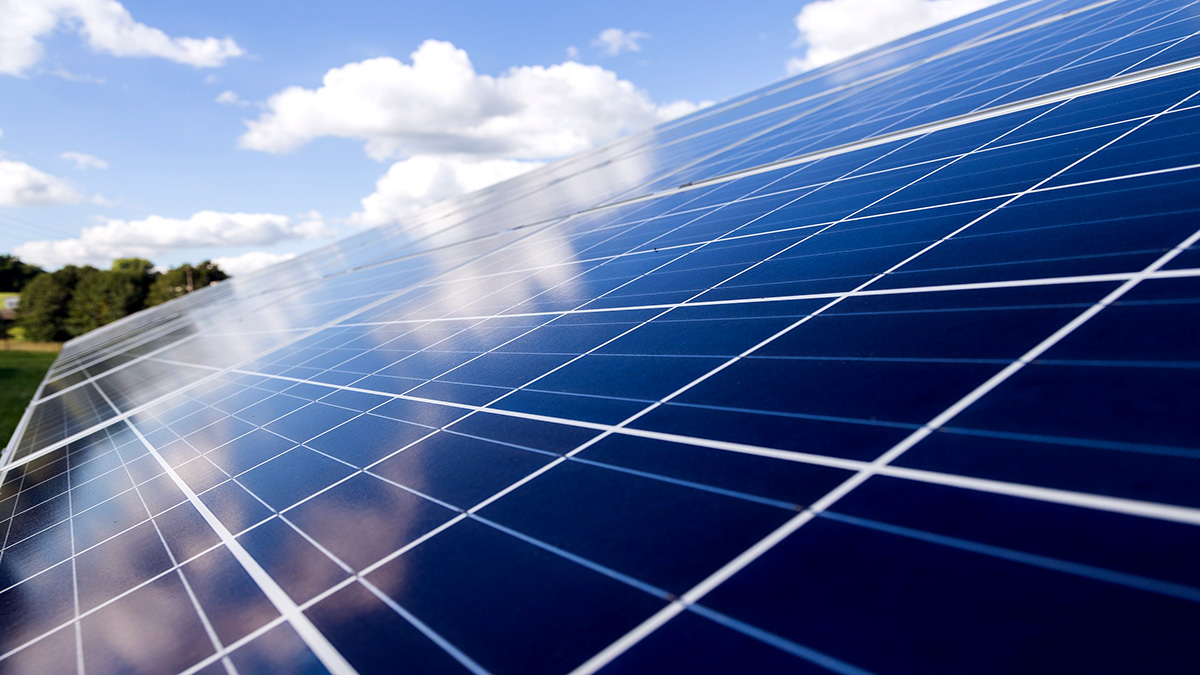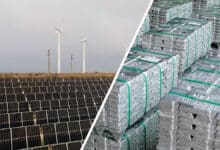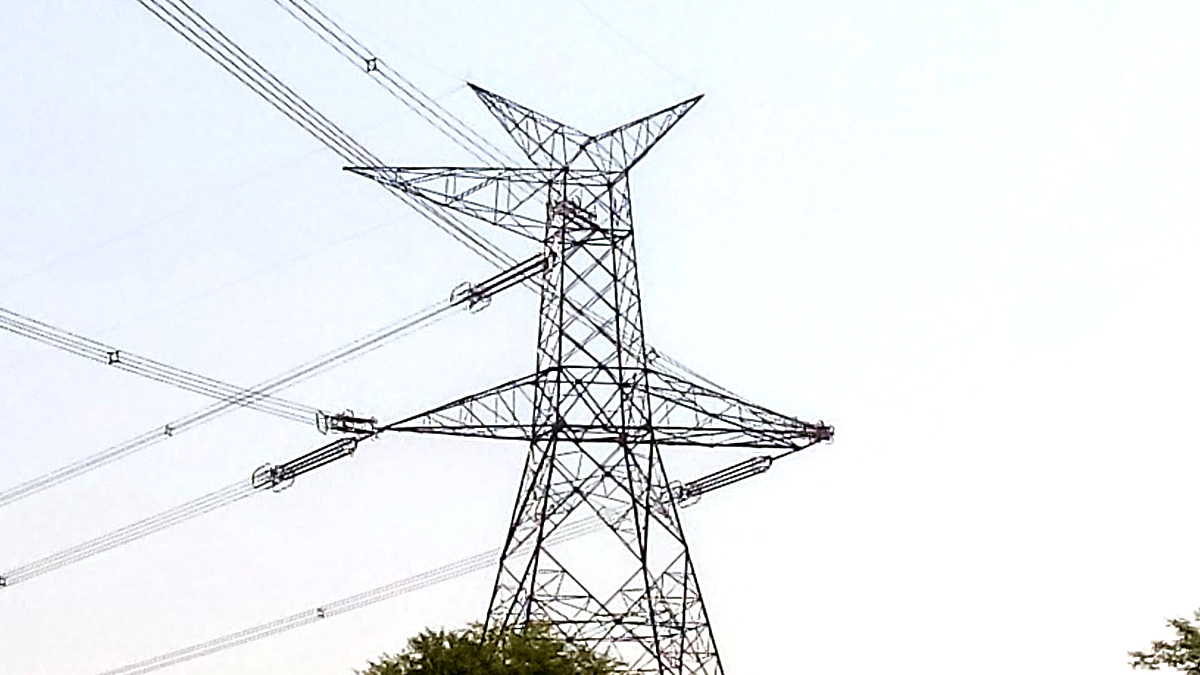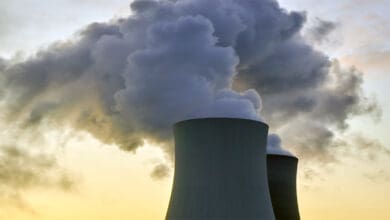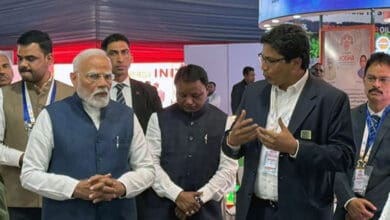Delays in payments to renewable energy (RE) developers besides slow progress in the signing of power purchase and sale agreements by procurers are among the key challenges constraining the growth of the sector, according to ICRA. Girishkumar Kadam, Senior Vice President and Co-Group Head, ICRA Ratings, said, the investment prospects in the RE sector are expected to remain strong, given the policy impetus with a target to reach 450 GW by the financial year 2030, and competitive tariffs. The capacity addition in the power sector over the medium term will be driven by the RE segment, led by a strong project pipeline of close to 40 GW as of date.
However, “the key challenges constraining the growth remain on execution front, mainly associated with land and transmission infrastructure as well as the slow but improving progress in signing of power purchase agreements (PPAs) and power sale agreements (PSAs) by intermediate procurers with state distribution utilities (DISCOMs),” Kadam said in the ICRA report.
Besides the execution-related challenges, the RE developers are facing challenges arising from delays in payments from the state distribution utilities and grid curtailments as observed in few states, especially for the relatively higher tariff projects.
In the report, ICRA said the timely commissioning of new capacities remains important to meet the growing demand from the developers, given the current capacity constraints.
ICRA further said its outlook for the domestic RE sector is stably supported by the continued policy support from the Government of India, strong project pipeline, and superior tariff competitiveness offered by wind and solar power projects both in the utility and the open-access segments.
The demand outlook for the domestic solar OEMs (original equipment manufacturers) remains favourable, with the strong policy support through the imposition of BCD (basic customs duty) on imported cells and modules, the notification of the production-linked incentive (PLI) scheme, and a strong project pipeline from various schemes requiring the use of domestic modules, ICRA added.
It said that the non-inclusion of the overseas suppliers in the Approved List of Models and Manufacturers (ALMM) so far is also likely to support the demand for domestic module OEMs in the near term.
The policy push is expected to improve the cost competitiveness of domestic OEMs and has led to new capacity announcements of more than 15-GW by various OEMs and the entry of new players.


